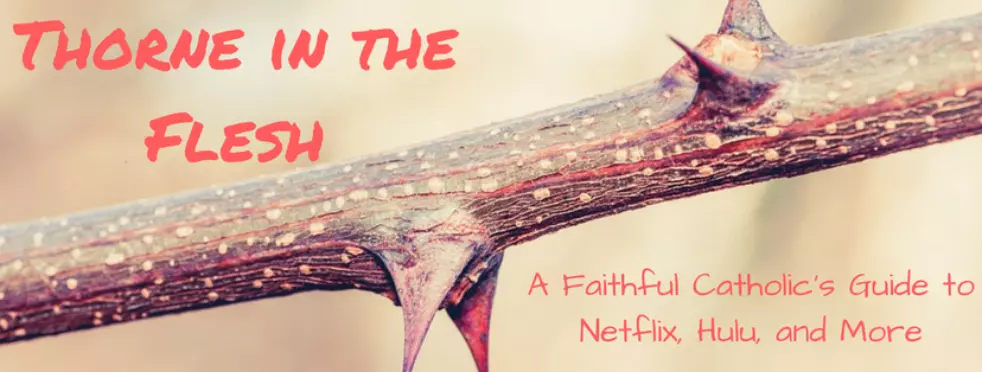
I first heard of a novel called The Guernsey Literary and Potato Peel Pie Society from the blog of a film school acquaintance of mine. She’d posted a reading challenge sign-up for the novel on her Facebook page, because she had loved the book and was excited that it was about to become a Netflix movie.
Then, a couple other Facebook friends of mine were raving about the book and excited about the movie. So naturally, I wanted to read this book. But there were about twelve thousand holds on it at my library and I’m far too cheap to spend eight bucks and buy it.
So I went straight to the movie, with high, high hopes.
Premise
It’s a historical film, set during and mostly right after World War II in England and the English island of Guernsey (for any readers out there who’ve heard of the Guernsey breed of dairy cattle, yes, this island is where they originate, fun fact).
The story follows a young woman who is a writer, and her acquaintance with a group of people from the island of Guernsey who invented a literary club with an unwieldy name (yeah, I’m sick of typing the whole thing out already…) during the Nazi occupation of their island.
The young writer is intrigued with this little group and soon finds herself wrapped up in trying to solve the mystery of what happened to the young woman who founded the group – since the other group members aren’t exactly forthcoming about the circumstances of the girl’s disappearance.
Does it Work as a Movie?
Kind of.
I think part of the film’s problem is that the description of it is a bit on the unclear side. Netflix’s blurb says something about a literary society and a love of books that fights against the Nazis – huh?
Then the story gets off to a bit of a slow start, leaving a viewer who hasn’t read the book wondering, “Where in the heck is this story going? What’s it about?”
Now, none of this is to say it’s not interesting. Just a bit slow and confusing to start. Once the story got going, we were fairly intrigued, though perhaps not so very engrossed that it was hard to turn it off and watch it in pieces over the course of a few nights.
By the end, it was fairly satisfying and certainly didn’t feel like a waste of two hours and change, though perhaps it did feel a little too long.
Moral Issues
Not many. It’s rated TV-14, with a bit of war brutality, a suggestive question asked (not answered), discussion of an out-of-wedlock pregnancy, and the brief insinuation that one character is gay.
Other than that, there’s only some sensuality between two will-they-won’t-they characters. Though to be honest, I found it more of a problem artistically than morally – they were kissing and we were like, “Holy crap, just eat each other’s face off, why don’t you! Why does it look so awkward?”
Over All
I’ve yet to hear whether people who loved the book found the movie up to their expectations or not. Not having read the supposedly spectacular book myself, I found the movie to be so-so. Pretty harmless, at least mildly entertaining, but not so great that I couldn’t turn it off.
